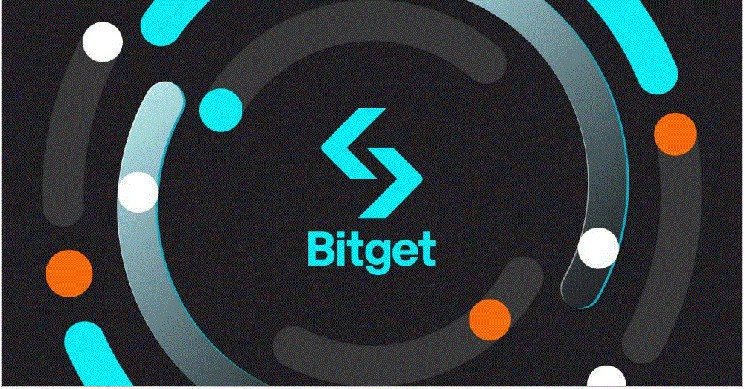- Bitget secures a Bitcoin Service Provider license, enhancing its operations and compliance in El Salvador’s crypto-friendly environment.
- Bitget aims for a Digital Asset Service Provider license and plans to establish a local team in El Salvador.
Crypto exchange Bitget has obtaining a Bitcoin Service Provider (BSP) license from El Salvador’s Central Reserve Bank. This license lets the company offer within the nation a range of Bitcoin-related services including exchanges, payments, and custody options.
Using El Salvador’s proactive stance on crypto adoption, the relocation symbolizes Bitget’s aim to become a prominent participant in the digital economy of the region.
Bitget: Expanding Services and Building a Local Presence
Bitget is also working on further regulatory approvals to increase the range of services it provides. Applying for a Digital Asset Service Provider (DASP) license from the National Commission of Digital Assets of El Salvador is under progress by the company.
Should this license be approved, Bitget would be able to provide its services including a greater spectrum of digital assets, hence improving its appeal to both companies and users.
Bitget also intends to assemble a committed local team in El Salvador in order to confirm its presence. This project emphasizes the company’s dedication to help the digital development of the area and to build stronger ties with the nearby people. Bitget wants to significantly help the growth of the crypto ecosystem in El Salvador by supporting local talent and infrastructure.
With its audacious acceptance of Bitcoin, which makes El Salvador the first nation to acknowledge as legal tender in 2021, the nation has made news all across.
Along with a good legal environment, this innovative action has drawn several crypto companies to the area. Bitget’s participation into this market marks the nation’s ongoing validation of its global center for digital assets.
According to a prior report from Crypto News Flash (CNF), El Salvador was almost at a $1.3 billion accord with the International Monetary Fund (IMF). This negotiation includes a change in the country’s Bitcoin policy from obligatory adoption to an optional approach for enterprises.
This deliberate shift seeks to solve the financial and fiscal problems facing the country, which the IMF had already expressed worries about.
